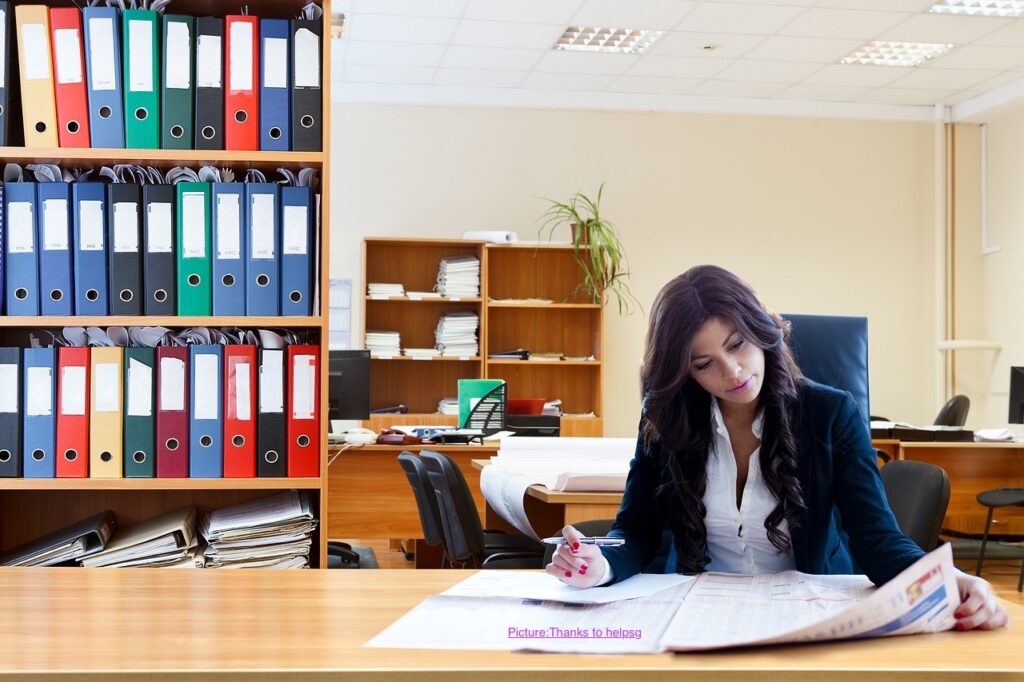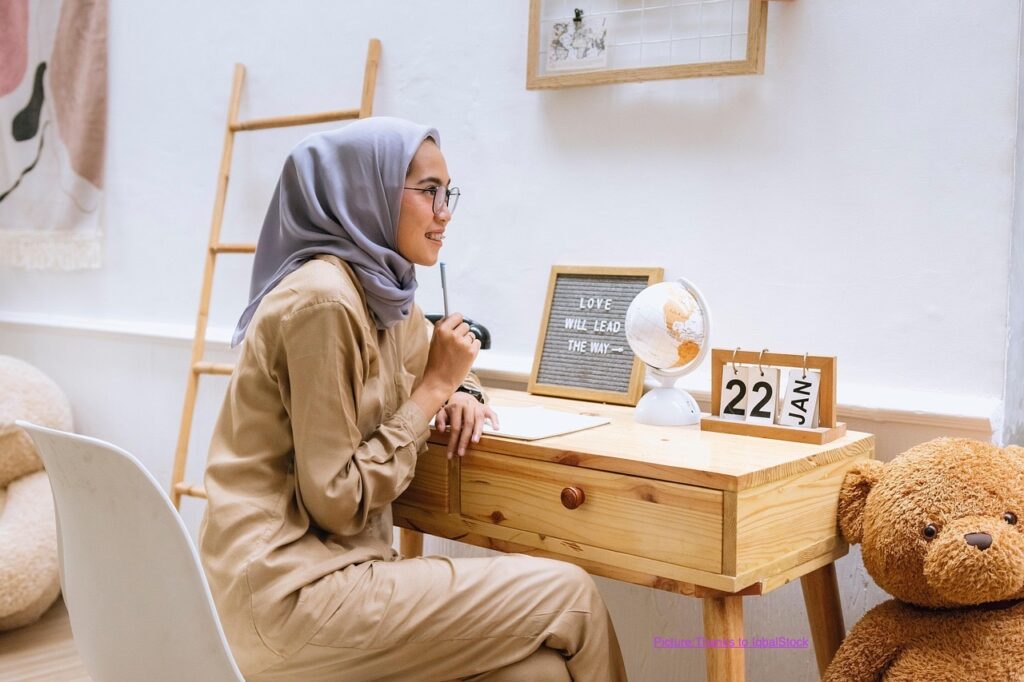
Muslim Women’s Halal Investments
An Empowering Guide for Muslim Women’s Halal Investment In today’s complex financial landscape, Muslim women stand at a powerful crossroads where faith meets financial independence. As an increasing number of educated Muslim women seek to grow their wealth while honouring Islamic principles, halal investing has emerged as both a spiritual practice and a financial strategy. This comprehensive guide moves beyond basic compliance to explore how you can build generational wealth while strengthening your connection to Islamic values, transforming your approach to money as an act of worship and empowerment.
“Do not give the foolish your property which God has assigned to you to manage.” – Quran 4:5
Reclaiming Our Financial Legacy
Table of Contents
An Empowering Guide for Muslim Women’s Halal Investments
Taking back our financial legacy
In Islamic history, women’s economic role is praised. When she was married to Prophet Muhammad (PBUH), Khadijah bint Khuwaylid (RA) was a famous merchant who led trade trips between countries. Despite what many people think today, Islam protects women’s right to own, invest, and handle their own money. But modern barriers still exist:
The lack of trust: In the UK, only 10% of women have Stocks and Shares ISAs, while 17% of men do. This is often because women find financial terms confusing.
Inequalities in the system: The wage gap between men and women ($0.80 for every male dollar) makes it harder to invest.

How much care costs: 37% of wealthy women give up job advancement to care for their families.
Somewhat surprisingly, women’s investments do better than men’s by 0.4% per year, which adds up to over $267,000. This is because they tend to do a lot of study, diversify wisely, and put long-term growth ahead of short-term gains.
How to Start Investing in Halal
Positive framework: Halal trading is more than just staying away from things that are haram; it’s a good way to build wealth that’s in line with Islamic principles:
The ban on riba (interest): “Allah will take away all good things about usury” (Quran 2:276). To do this, companies with debts greater than 30% of their market value must be screened, and arrangements such as Murabaha (cost-plus financing) or Ijara (leasing) must be used.
Haram Industries to Avoid: This list doesn’t include tobacco, weapons, gambling, booze, or pornography. Screening apps check thousands of funds to make sure they are legal.
Not Accepting Too Much Uncertainty (Gharar): Most experts agree that it doesn’t allow speculative instruments like day trading, derivatives, and cryptocurrency.
Profit and Loss Sharing: Investments must involve shared risk, like Sukuk (Islamic bonds backed by assets).
Purification of Wealth: If ≦5% of your income comes from sources that aren’t allowed, you have to give that money away as sadaqah.
Table: Core Screening Criteria for Halal Investments
| Parameter | Threshold | Purpose |
| Debt Ratio | <30% of market cap | Avoid interest-based leverage |
| Interest-Bearing Assets | <30% of total assets | Minimize riba exposure |
| Haram Revenue | <5% of total revenue | Exclude core non-compliant activities |
| Accounts Receivables | <45% of market cap | Prevent excessive uncertainty |
Ways to Make Halal Investments
1. Stocks and funds that follow Sharia law:
Stocks through Halal ETFs or mutual funds that focus on healthcare, technology, and green energy.
Screening Tools: To make sure that individual stocks are compliant, use digital tools.
2. Real estate: something you can touch
Direct Ownership: Use Islamic financing (such as Murabaha or co-ownership methods) to make rental income.
Real estate investment trusts that follow Islamic law don’t take on interest-based debt or rent to haram renters.
Sukuk: A Moral Way to Get a Fixed Income
The world market for these asset-backed instruments is worth more than $700 billion. They let people own pieces of infrastructure or commercial projects.
4. Venture capital that cares
Halal venture capital platforms help ethical startups, combining diversification with investing with a purpose.
5. Metals of high value
Real gold and silver protect against inflation and are legal everywhere when fully held.
Your 5-Step Roadmap

Step 1: Make your “why” clearer.
Set goals with different due dates:
Short-term (1–5 years): savings for Hajj and an emergency fund (in Islamic accounts)
Medium-term: Five to ten years from now: down payment on a house, business capital
Long-term (10 years or more): retirement, childhood schooling, and passing on wealth to future generations.
Step 2: Build Knowledge Confidently
Use screening tools and podcasts like Muslim Women and Finance.
Join groups for women who are interested in investing to get help.
Step 3: Start Small, Start Halal
- Automate monthly contributions to Halal ETFs.
Step 4: Diversify Strategically
Use “round-up” apps to invest spare change Islamically.
Step 5: Implement Purification & Zakat
The annual purifying cost is normally between 0.5% and 1% of the value of the portfolio.
You should pay Zakat with 2.5% of your net assets.
Solving one-of-a-kind difficulties
The truth about what you get when you die: Islamic law says that women can inherit a smaller share of their husband’s property, like 1/8 of the property, if they have children. Active investment keeps your money safe when you get it.
Balance caregiving: If you want to keep making money while you take time off from work, invest in rental properties or halal stocks that offer dividends.
Transforming Fear into Faith:
The son of Adam will not die until he is asked about five things. This turns fear into faith. How he became rich and how he spent his money… (Tirmizi and Hadith).
Conclusion: Wealth as Worship, Legacy as Liberation
An Empowering Guide for Muslim Women’s Halal Investments: For Muslim women, halal trade is not just a way to make money. It is an act of faith that protects our financial future while honouring our spiritual nature. When we invest based on Quranic principles such as the rejection of Gharar and the prohibition of Riba, we turn wealth into a moral power.
There are systemic problems along the way, such as the gender pay gap that makes investing difficult, the need to care for others that makes it difficult to advance in a job, and a lack of financial knowledge that makes people hesitant. But history shows us that these problems can be solved. From Khadija’s (RA) journey across the desert to Muslim women venturing into global markets today, our history has been a history of power.
The real power of halal trading lies in the fact that it gives you both wealth and God’s approval in the next life. We build portfolios that can handle market volatility while staying true to our values, by spreading your money across a variety of assets, such as real estate, sukuk and precious metals. The rituals of purification and zakat sanctify our gains, ensuring that wealth is used to build kindness rather than power.
Remember that progress is the goal when walking this path, not perfection. Don’t wait until you’re ready to start investing. Even a £50 monthly contribution to a halal ETF can earn a lot of wealth over time. Find information from groups and scholars that will turn loneliness into group strength. Ultimately, every safe investment helps build an honest economy where women can be financially independent. By tending this garden, we honor our religion, keep our families safe, and regain our rightful place as the creators of a fair financial future. Pen in your hand; write a memory that will last forever.
“The best of you are those who are best to their families.” (Hadith, Ibn Majah)

General Disclaimer
“Some images on this blog are AI-generated. They are used for creative purposes and do not represent real photographs.”
Disclaimer
The content provided in this article is for informational and educational purposes only. It does not constitute financial, legal, or religious advice.
- Accuracy & Updates:
- While efforts are made to ensure accuracy, Islamic finance principles and mortgage products may evolve. Details about lenders, rates, or structures (e.g., Murabaha, Ijara) are subject to change. Verify terms directly with providers.
- Sharia Compliance:
- Interpretations of Sharia law and approval of financial models may vary among scholars or institutions. Consult a qualified Islamic scholar or Sharia board for personalised guidance.
- Third-Party Providers:
- Mention of banks, lenders, or organisations (e.g., AlHuda CIBE , AAOIFI’s) is not an endorsement. Conduct independent research before engaging with any service.
- Regional Differences:
- Availability of Islamic mortgages, legal frameworks, and pricing structures differ by country. Seek local experts for region-specific advice.
- AI-Generated Imagery:
- All visuals labelled “Image created with AI” are artistic interpretations and do not represent real entities, properties, or endorsements.
- Liability:
- The author and publisher are not liable for financial, legal, or religious outcomes arising from the use of this information.
Always consult a certified financial advisor, Islamic scholar, or legal professional before making significant financial decisions.
FAQ: An Empowering Guide for Muslim Women’s Halal Investments
Q1-Why is it so important for Muslim women to be financially independent?
A: The Quran (4:5) says that Islam guarantees that women can own and control their own money. Things are harder now because of factors like the gender wage gap ($0.80 for women and $1 for men) and the fact that 37% of women had to quit their employment to care for their children. Khadijah (RA), a successful merchant, is an example of someone who was financially independent in the past. Investing helps solve significant problems within the system and affords us the right to economic freedom, according to Islamic principles.
Q2-What could be an empowering guide for Muslim women’s halal investments?
A: To invest in halal, you need to:
Zero Riba (Interest): Don’t do business with companies that have more than 30% debt and loans that depend on interest.
Ethical Industries: Porn, regular banking, firearms, and tobacco are not ethical businesses.
No Gharar (Uncertainty): Don’t use techniques that are based on guesswork, like crypto and day trading.
Asset-Backed Ownership: Choose real things, like real estate and goods.
Loss and Gain Sharing: Choose structures like Sukuk instead of bonds with fixed interest rates.
Purification: Give away 5% or less of any money you make that isn’t halal by accident.
Like this, you could be an empowering guide for Muslim women’s halal investments.
Q3-What should I do if I want to invest but don’t have a lot of money?
A: Start small, but do it now:
QPut £50 a month into selected stocks automatically.
Use “round-up” programs to put your extra money to work. According to Islam
Look into owning a part of a property.
Put low-cost Halal ETFs ahead of individual stocks.
*Amount doesn’t matter as much as consistency—£50 a month at 7% interest turns into £56,000 in 25 years.*
Q4-How can I manage my investments as a caregiver who doesn’t have a lot of time?
A: Use passive strategies:
Halal Dividend Stocks: Make money when you’re not working
Islamic REITs: Get rental revenue without having to manage the property
Robo-Advisors: Use automated systems to manage your portfolio
Batch Learning: Spend 20 minutes a week listening to financial podcasts
Q5- What should I do about differences in inheritance?
A: Islamic inheritance may give women lower shares, like 1/8 of their spouse’s estate. To fight this, do the following:
Making personal investment portfolios
Opening special monies for children’s education
Buying property in your name
Making a comprehensive list of your assets in your will
Q6-What if my portfolio has things that aren’t halal by mistake?
A: Do wealth purification:
QFigure out how much money you make that isn’t halal (about 0.5% to 1% of your portfolio worth).
Give that amount to charity as sadaqah.
Rebalance your investments to avoid future losses. For example, a £100,000 portfolio with 0.8% impurity would result in an £800 gift.*
Q7-Where can I learn without too much jargon?
A: Resources that are easy to get to:
Podcasts: Short programs about money for Muslim women
Screening Apps: Check investments in 60 seconds
Women’s Investment Circles: societies where peers teach each other.
Q8-What does zakat mean for investments?
A: Pay 2.5% of your earnings every year:
Money saved
The value of gold and stocks on the market
Real estate (not including the main residence)
Assets of the business
Tip: Keep a “zakat escrow account” and add money to it every month.
Q9- Why do women’s portfolios tend to do better than men’s?
A: Studies show that you can get 0.4% more in annual returns by making choices based on research, focusing on the long term, being aware of risk when diversifying, and being patient (holding investments 20% longer than males).Q
Q10-How can I make my investments fit with my ideals as a mother?
A: Create a legacy by:
Education Funds: Halal savings accounts for kids
Ethical startups: Help businesses that are working to solve societal problems
Investments in green energy and clean technology stocks
Islamic Wills: Make sure your money goes where you want it to go.
“The best of you are those who treat their families the best.” (Ibn Majah). Your halal investment journey is a single act of worship that brings together faith, family, and financial strength.
